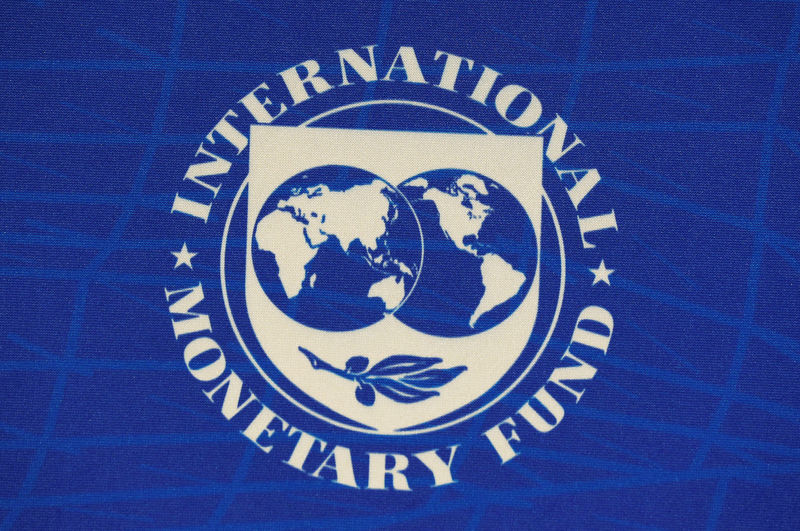By Davide Barbuscia
DUBAI (Reuters) - Saudi Arabia should consider raising a value added tax (VAT) to 10% from the current 5%, the International Monetary Fund (IMF) said, stressing the importance for the world's top oil exporter to improve its fiscal position amid lower crude prices.
In a report dated June and published on Monday, the IMF said that a tighter fiscal policy was needed, as the Saudi budget deficit is projected to widen.
Saudi Arabia, the Middle East's largest economy, remains dominated by hydrocarbon revenues despite Crown Prince Mohammed bin Salman's assertion that he aims to diversify.
The Gulf state recently restrained crude production by more than called for by an OPEC-led supply deal to support oil markets, but slowing oil demand and the weakening global economy have kept prices under pressure.
This is weighing on the kingdom's economic growth, with some economists forecasting a contraction this year.
The IMF expects the budget deficit to increase this year to 6.5% of gross domestic product (GDP) from 5.9% of GDP in 2018 as higher government expenditure is likely to curb the upside of stronger non-oil economic growth.
Saudi Arabia introduced a 5% VAT in January 2018 to improve non-oil revenue generation after a plunge in oil prices from mid-2014 bruised its revenues.
As part of a series of fiscal consolidation measures, the IMF "suggested that consideration be given to raising the VAT rate from 5 to 10 percent" in consultation with the Gulf Cooperation Council bloc which agreed introduction of VAT.
SHIFT TO GROWTH
Government expenditure rose 6% in the first half of the year from the same period in 2018, broadly in line with a budgetary target of increasing spending by 7% in 2019 to spur growth.
The fund said that "the fiscal pendulum had swung too far toward supporting near term growth and reform implementation" and that the authorities' plan to balance the budget by 2023 was reliant on optimistic oil price assumptions.
"If oil prices fall sharply, the country would face large fiscal deficits, but with weaker fiscal buffers than in 2014."
According to Jean-Michel Saliba, MENA economist at Bank of America Merrill Lynch (NYSE:BAC), the kingdom's "policy-making priority shift to growth" complicates fiscal consolidation.
"The gradual and sticky move higher in the fiscal breakeven oil price, coupled with the relative erosion of fiscal buffers since 2014, has increased the economic vulnerability to a sustained drop in oil prices," he said.
The government would balance its budget if oil prices were at $93, according to Saliba. Earlier this year the IMF said the kingdom would need oil at $80-$85 a barrel to balance the budget.
